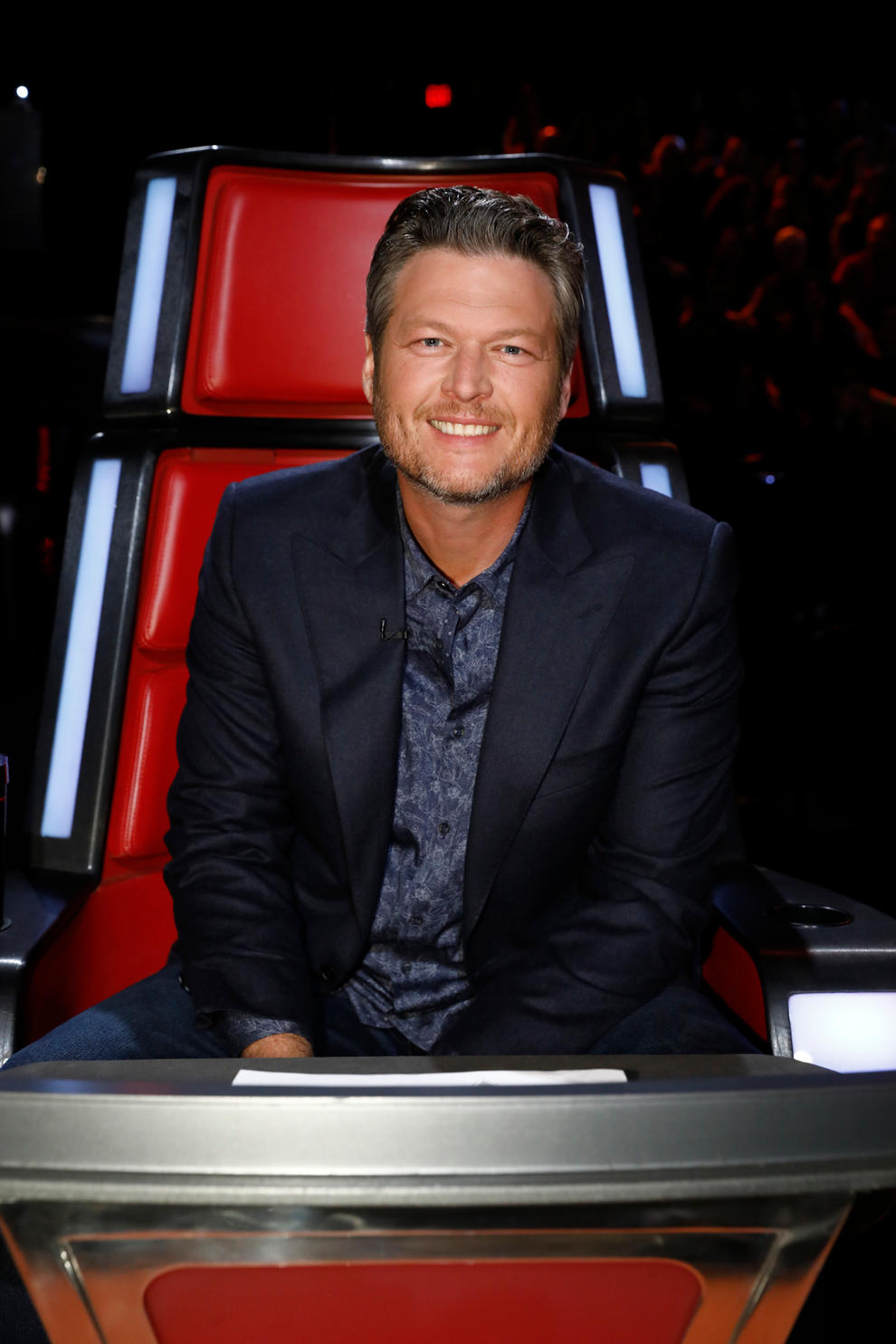We have seen the final season of American Idol. In the UK, the last series of The Voice on the BBC will also begin (it will return to ITV in 2017). This follows the continual decline in viewing figures for The Voice in the USA and The X Factor in the UK, as well as other singing contests around the world.
Understandably, many are predicting the death of the singing show format altogether. It goes without saying that the format for singing shows, while still successful to a degree, has become tired and formulaic. No amount of changes to judging panels or presenters can disguise the fact that audiences have become apathetic to the ritualistic public humiliations, overwrought personal tragedy storylines and marathon-long live shows.
That’s not really the problem though. For example, panel shows, particularly in the UK, are still very popular. Or nightly talk shows in America. People don’t mind a tried and tested formula. The main issue lies with the contestants. Bland, forgettable, safe are all words I would use to describe then. They shouldn’t be used to describe the main protagonists of an entertainment show. But more often than not, they’re the only words that seem fitting. Can you remember the last winner of American Idol or UK X Factor?
The ones with the star power and talent to drive themselves through the competition to become something more than a mere three month distraction. To actually become artists that people care about?
My take on the shows like American Idol, the Voice, and X-Factor are about 85% TV production and faux-reality, and only 15% singing competition and talent search.
If there is one place where an absolute nobody can become a somebody, then it’s YouTube. And I mean that in a good way. It’s democratising. In that way, YouTube and reality shows are similar. You can be plucked from obscurity and launched into fame and fortune almost overnight. The advantage that YouTube has over reality shows is that YouTube allows for greater creative control and a wider spectrum of personalities. For many young artists, that has to give YouTube the edge over entering The Voice or X Factor.
The point is, you can’t pick boring contestants and hope to ‘sex up’ the show in others ways. It won’t work because ultimately people just want to watch moving, impassioned performances by artists, not a 40-something guy who’s got a tragic life story and a flair for “Unchained Melody” at karaoke. Reality shows have been at their best when they’ve had interesting and talented artists on the show. No matter what you think about their respective solo material, whenever Adam Lambert, Leona Lewis, Cher Lloyd, Kelly Clarkson, One Direction or Little Mix performed on the shows, it was exciting to watch.
So are singing shows dead? No. But they need to do more to entice these younger artists on to the shows. Giving them more creative freedom with song choices, outfits, and ultimately control over their own narrative would be a first step towards making it worth the risk. Then you might end up with more people like Bieber, Shawn Mendes, Halsey and avoid the mass exodus of young talent to social media altogether.
Artists will always want the exposure that these shows can bring, but lately they’ve looked more like a poisoned chalice than a golden ticket to Hollywood. If they can be convinced that it’s not going to be a complete disaster, then there might still be hope for reality shows.
I encourage the artists I consult to enter every singing competition possible if it makes sense in their budget, but I am also a firm believer in You Tube if you can produce a good quality video and HD sound quality, so you stand out from the ever-growing competition. The bottom line will always be raw talent for staying power, no matter how you dress it up. Finally, that raw talent has to come from somewhere and there is no doubt – it comes from the “Master Creator.” Proverbs 22:29

